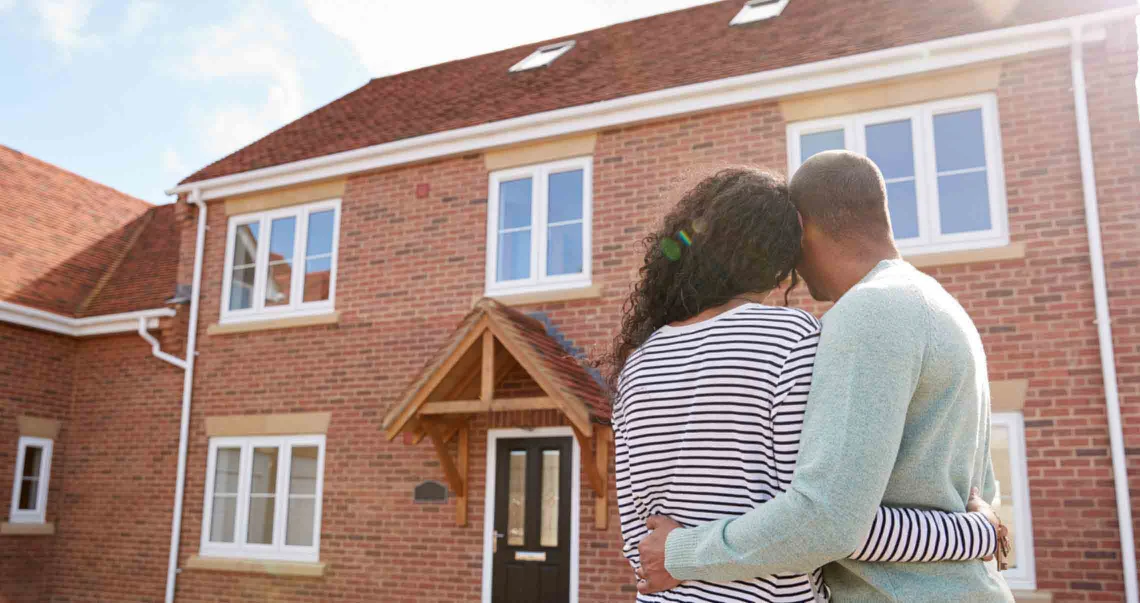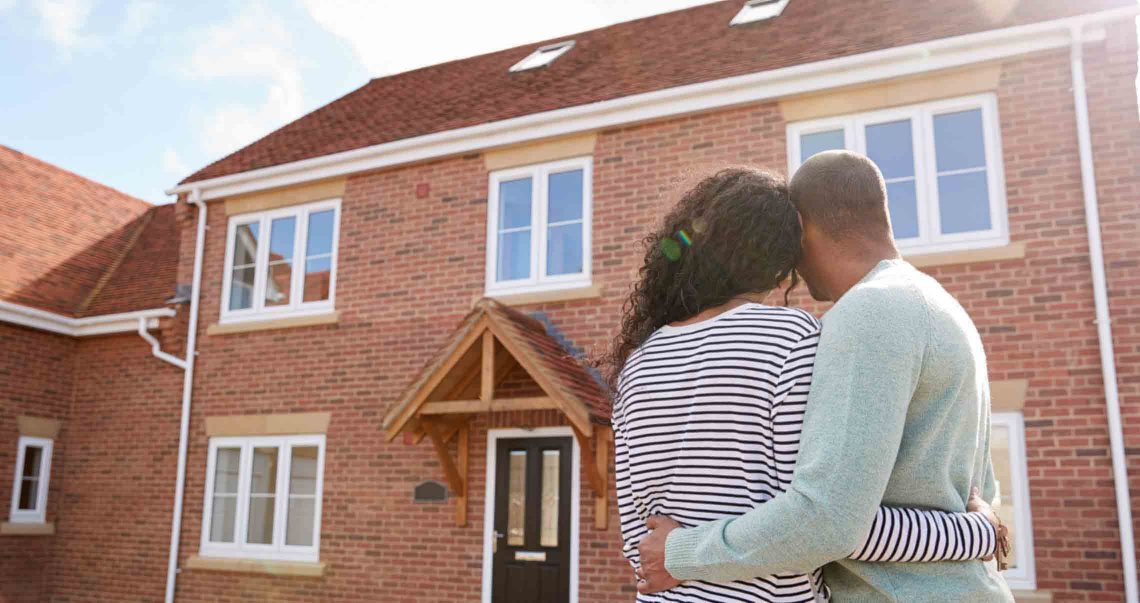The pros and cons of buying a foreclosed home
You're in the market for a new home, and you've found a property in a terrific location. It's within your price range, but it's a foreclosure. Should that be a deal-breaker?

While foreclosed homes are often a bargain for buyers, there are a few nuances you should be aware of to determine whether buying a foreclosed home is the right option for you.
Key takeaways
- Foreclosed homes may be a great investment for buyers because they are often sold at below market value.
- Homes sold in as-is condition, however, may be better-suited for buyers who have the time, budget and flexibility to take on unexpected repairs.
- Evaluating your budget as well as your needs and wants may help you determine whether a foreclosure is right for you.
What is a foreclosed home?
A foreclosed home has been repossessed and is being sold by the mortgage lender. Understanding how the foreclosure process works is the first step in your decision to purchase a foreclosed home.
Lenders may begin the legal process of foreclosure when borrowers fail to make timely payments on their mortgage loans. They typically take a series of escalating steps, including notification of default on the loan and transfer of ownership. At that point, a lender may sell the home to recoup the outstanding mortgage balance.
Bank-owned homes are commonly sold at auction or listed for sale through a foreclosed homes website, but they may also be listed with a real estate agent.
The benefits of buying a foreclosure home
Some buyers are attracted to the idea of buying a foreclosed home in today's competitive and high-priced real estate market. Here are several questions to consider if you're one of them.
Are foreclosure homes cheaper?
The biggest advantage of choosing a foreclosed home is a lower sale price. Lenders generally aren't interested in holding on to these properties, which tends to make them motivated sellers, especially if the property has been on the market for a while.
Is buying foreclosed homes a good investment?
Foreclosed homes often give buyers an opportunity to purchase a property below market value. That may help you build equity faster, which potentially makes them better investments than conventional homes.
Do foreclosed homes require a lot of renovations?
Foreclosed homes are typically sold in as-in condition, meaning they might need varying levels of work before they are move-in ready. But if you're handy or willing to engage professional contractors, buying a foreclosed home may be a great opportunity to increase the property's value, while also customizing it to meet your needs.
The cons of buying foreclosed homes
While buying a foreclosed home might be a great deal, there are two things to consider.
Additional costs
In some cases, you may not be able to conduct an inspection to evaluate the condition of a foreclosure home before a sale takes place. Similar to buying a fixer-upper, you should plan on setting aside money for home repairs and factor that into your budget.
Buyers of foreclosed homes may be asked to cover more of the costs associated with the purchase. For example, closing costs—which are typically paid by the seller—often fall on the buyer.
Liens
In addition, buyers must be aware of potential title issues. If the prior owner didn't pay utility bills or property taxes, there could be a lien—a legal claim—on the home that must be cleared prior to settlement. Before agreeing to buy the house, it's a good idea to have a title agent run a title search on the property to identify any existing claims.
How to buy a foreclosed home
If you plan to buy a foreclosed property through a real estate auction, an upfront deposit may be required. If your bid is accepted, the house might need to be paid for with a certified check or in cash.
Foreclosed homes that aren't sold at auction may be referred to as real estate-owned, or REO, properties. When you buy an REO, financing options are similar to a traditional home purchase, meaning that you should be able to secure a mortgage loan.
Should I buy a foreclosure for my first home?
It's important to note that competitively priced foreclosed homes often sell quickly. As a result, cash buyers are in a better position to increase their chances for a successful purchase.
You'll also want to research recent sales of non-foreclosed properties to make sure you're really getting a bargain. If you plan to work with a real estate agent, ask them about their knowledge or experience in foreclosures. An agent who has experience with foreclosures advises you on property values and assist with price negotiations.





